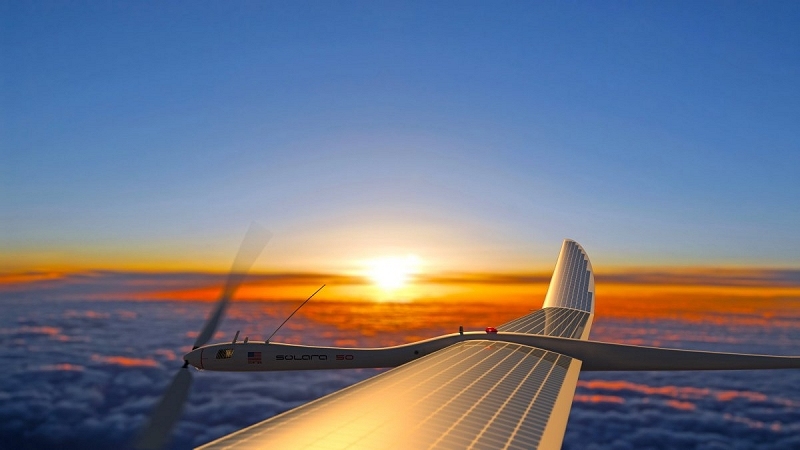
Web titans Facebook and Google continue to press forward with their respective plans to deliver Internet connectivity to those living off the grid in remote parts of the world but as Facebook’s Yael Maguire recently discussed during a talk at the Social Good Summit in New York City, there are a whole bunch of challenges that must be overcome before either company can reach the finish line.
Maguire, the engineering director of Facebook’s recently launched Connectivity Lab, told those in attendance that they’re going to have to push the edge of solar technology, battery technology and composite technology for starters.
Once the technical hurdles have been cleared, Facebook will still have to contend with a number of regulatory and operational roadblocks.
As Maguire explains, the solar-powered drones they aim to deploy will have to fly above weather and all regulated airspace which could be anywhere between 60,000 to 90,000 feet. That’ll be tricky in terms of regulations because there currently aren’t any regulations for aircraft flying above 60,000 feet.
Perhaps even more challenging for Facebook and others is the fact that regulations currently dictate that there must be one human operator for every drone deployed – something that’ll no doubt become an issue in terms of widespread deployment.
Even with all of the challenges still ahead, the Connectivity Lab will be ready to test their drones sometime next year at an undisclosed location. As for a full rollout, that could be ready within the next two to five years, Maguire said.